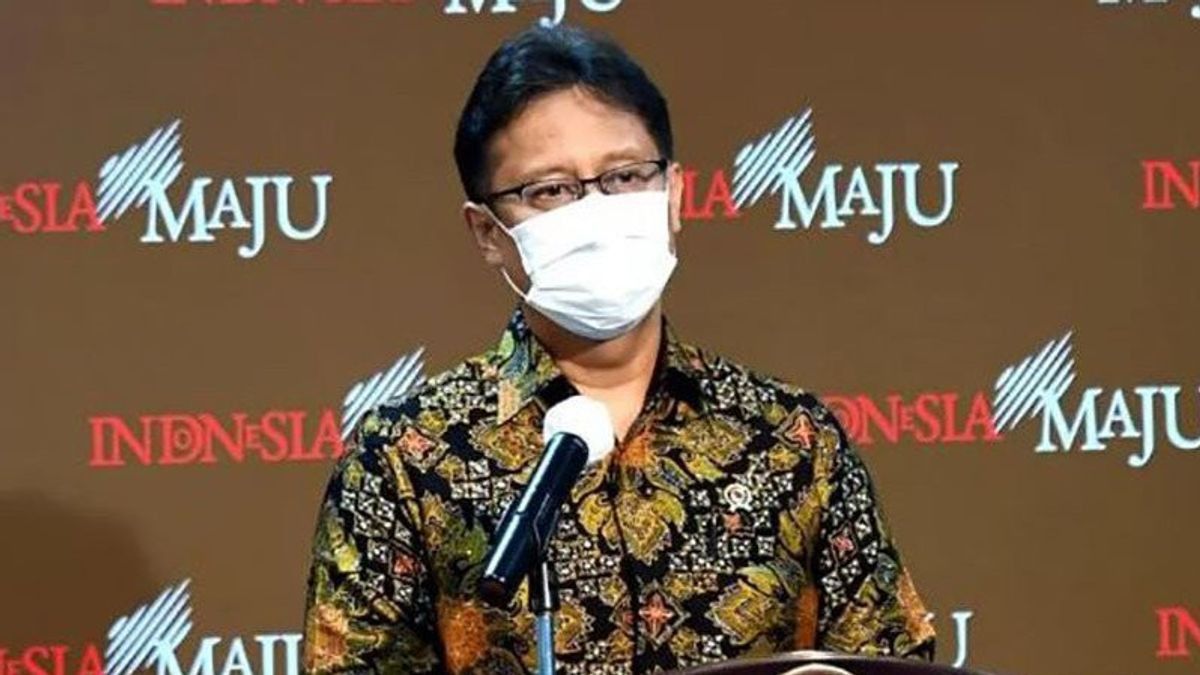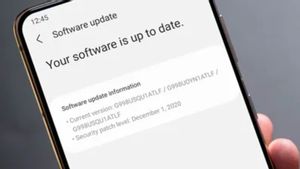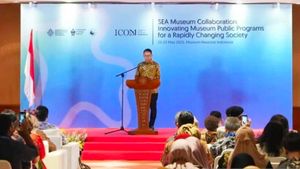JAKARTA - Health Minister Budi Gunadi Sadikin emphasized that close contacts of COVID-19 cases must participate in self-quarantine when the Java-Bali emergency PPKM takes effect.
This, said Budi, needs to be done to avoid if people who have interacted closely with positive confirmed cases get infected and then they infect other people again.
"We will tighten that everyone in close contact must be quarantined first so as not to infect them," said Budi at a press conference to announce the emergency PPKM, Thursday, July 1.
Later, the local government will translate the mechanism for tracing close contacts which is more massive than before. These close contacts will be tested for COVID-19 and must be temporarily quarantined until the test results come out.
"The test can use rapid antigen if the PCR swab is long. For PCR, our target is, the test results must be out within 24 hours. If PCR cannot come out and within 24 hours, we use rapid antigen," said Budi
This examination of close contacts follows the government's target of increasing the number of people being tested for COVID-19 or testing four times more than before.
This began to be implemented during the implementation of emergency PPKM in Java and Bali from 3 to 20 July. Budi claims this is in accordance with WHO guidelines.
"We will also increase our testing and tracing up to 3 to 4 times what it is now," he said.
Budi said this massive test step was also carried out in other countries that were experiencing a spike in COVID-19 cases. On average, Indonesia's testing rate per day reaches 100 thousand to 150 thousand.
"From around 100 thousand (tests per day), now we can increase it to 400 thousand to 500 thousand tests per day. We have provided guidance in accordance with WHO standards," said Budi.
The central government has set a target to increase the number of tests in each area. If the area has a positivity rate below 5 percent, then it only needs to check 1 person per 1,000 residents per week.
If the positivity rate is 5 to 15 percent, the test is carried out on 5 people per 1,000 population per week. The positivity rate is 15 to 25 percent, the test is carried out on 10 people per 1,000 population per week.
"If the regions or clusters have a high positivity rate, above 25 percent, we have to increase it 15 times or 15 tests per 1000 population per week," he said.
The English, Chinese, Japanese, Arabic, and French versions are automatically generated by the AI. So there may still be inaccuracies in translating, please always see Indonesian as our main language. (system supported by DigitalSiber.id)













